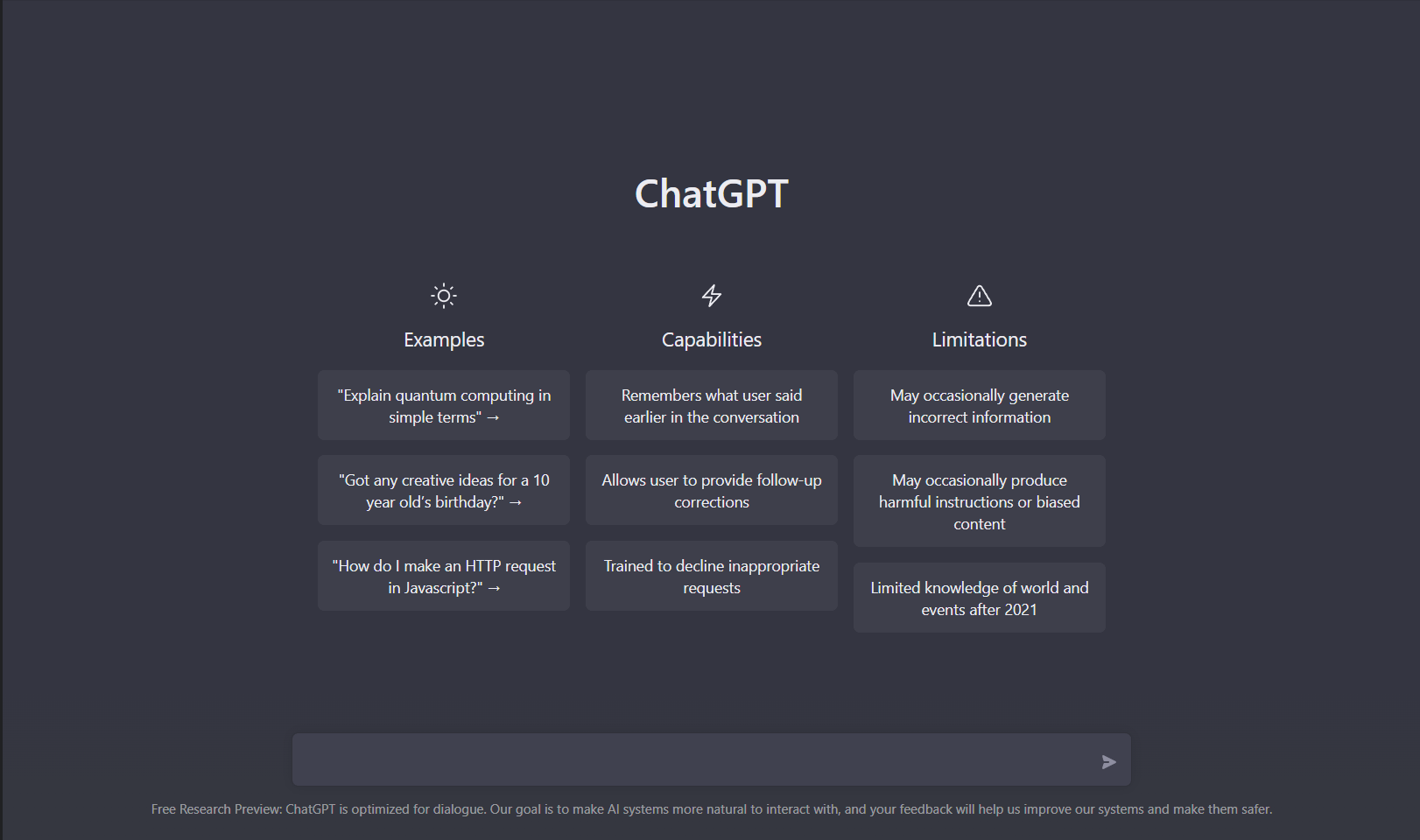Introduction:
- As we move further into the 21st century, technology continues to play an increasingly important role in our daily lives. From the way we communicate and access information, to the way we work and do business, technology has transformed nearly every aspect of modern society. And one of the most exciting and rapidly evolving technologies of recent years is chat GPT, or chat-based generative pre-trained transformers.
- But what exactly is chat GPT, and what makes it such a promising technology? And what might the future hold for chat GPT, and how might it impact various industries and society as a whole? In this blog post, we’ll delve into these questions and explore the potential future of chat GPT, as well as the ethical and privacy considerations that come with this exciting technology. So sit back, grab a cup of coffee (or a bowl of kibble), and let’s dive in!
What is Chat GPT and How Does it Work:
But before we dive into the details, let’s first define what chat GPT is and how it works. Chat GPT is a type of artificial intelligence (AI) system that uses machine learning (ML) to generate human-like responses to user input. Chat GPT systems are trained on large datasets of human language and are designed to understand and interpret user input in a natural and human-like way.
Applications of Chat GPT in Various Industries:
Health care
One industry that could potentially benefit from chat GPT technology is healthcare. Chat GPT systems could be used to provide personalized healthcare advice or to answer frequently asked questions about treatment options. For example, a chat GPT system could be integrated into a healthcare website or app, allowing users to easily access information about their health and receive personalized recommendations based on their specific needs. Chat GPT systems could also be used to triage patients and provide initial assessments, helping to reduce the workload of healthcare professionals and improve patient care.
Education
Another industry that could potentially benefit from chat GPT technology is education. Chat GPT systems could be used to provide personalized learning experiences and to answer student questions and concerns. For example, a chat GPT system could be integrated into a learning management system, allowing students to ask questions and receive instant feedback and support. Chat GPT systems could also be used to provide tailored lesson plans and recommendations based on a student’s learning style and needs.
Customers service
Customer service is another area where chat GPT systems could potentially be used. Chat GPT systems can provide timely and accurate responses to user questions and concerns, making them a valuable tool for customer service teams. Chat GPT systems could be used to handle a wide range of customer inquiries, from technical support to billing questions, freeing up human customer service agents to handle more complex tasks.
Energy and Utilities Companies
Chat GPT systems could also be used by energy and utilities companies to provide personalized recommendations and support to customers. For example, a chat GPT system could be integrated into a utility company’s website or app, allowing users to ask questions about their energy usage and receive personalized
Potential Impact of Chat GPT on Society:
- In addition to their potential use in various industries, chat GPT systems may also have a significant impact on society as a whole. For example, chat GPT systems could be used to improve access to information and services for people with disabilities or for those living in remote or underserved areas. They could also be used to facilitate communication and collaboration in a variety of settings, from workplace meetings to online communities.
Ethical and Privacy Concerns:
- But as with any new technology, there are also potential ethical and privacy concerns to consider. For example, chat GPT systems may perpetuate biases and stereotypes if they are trained on biased or unrepresentative datasets. It’s important to ensure that chat GPT systems are trained on diverse and representative datasets, and to regularly review and adjust the training data to ensure that it remains fair and unbiased.
Conclusion:
- In conclusion, chat GPT systems are an exciting and rapidly evolving technology that has the potential to revolutionize the way we interact with computers and access information and services. As chat GPT technology continues to evolve and improve, it’s likely that we will see more and more chat GPT systems being deployed in a variety of settings. As chat GPT systems become more sophisticated and capable of providing more personalized and human-like responses, they may become an increasingly important part of our daily lives, whether it’s for customer service, healthcare advice, or educational support. However, it’s important to remember that chat GPT systems are still a relatively new technology, and there are likely to be challenges and issues that need to be addressed as they become more prevalent. Ensuring that chat GPT systems are used ethically and responsibly, and that user privacy is protected, will be crucial to their long-term success and adoption.

